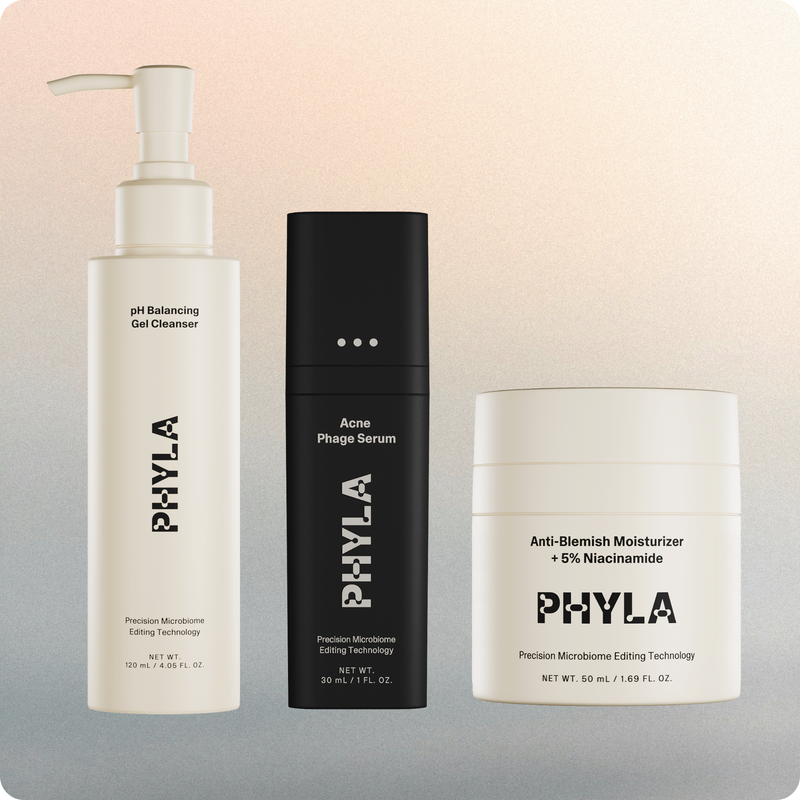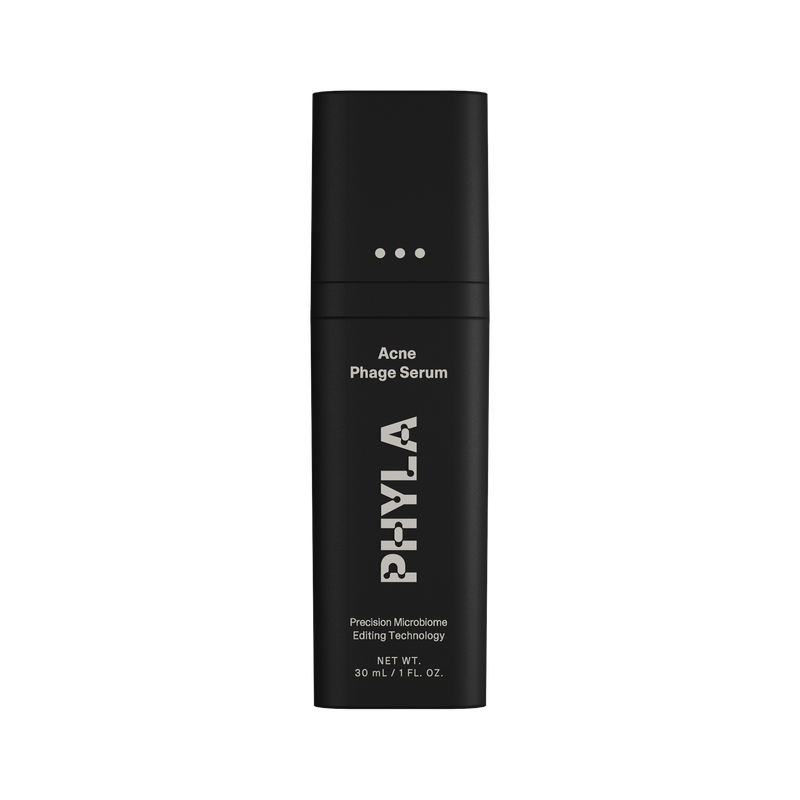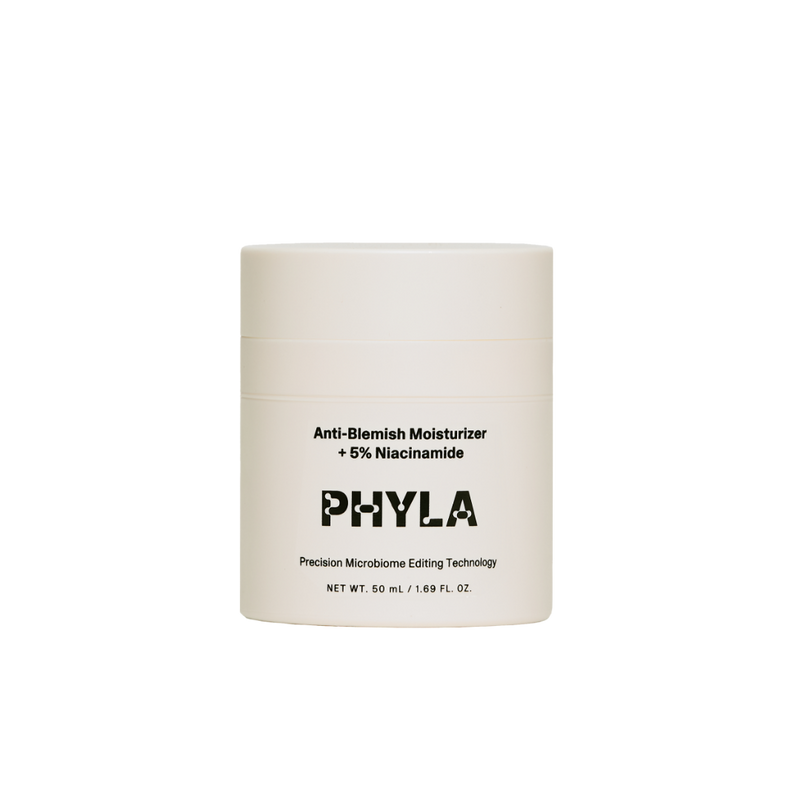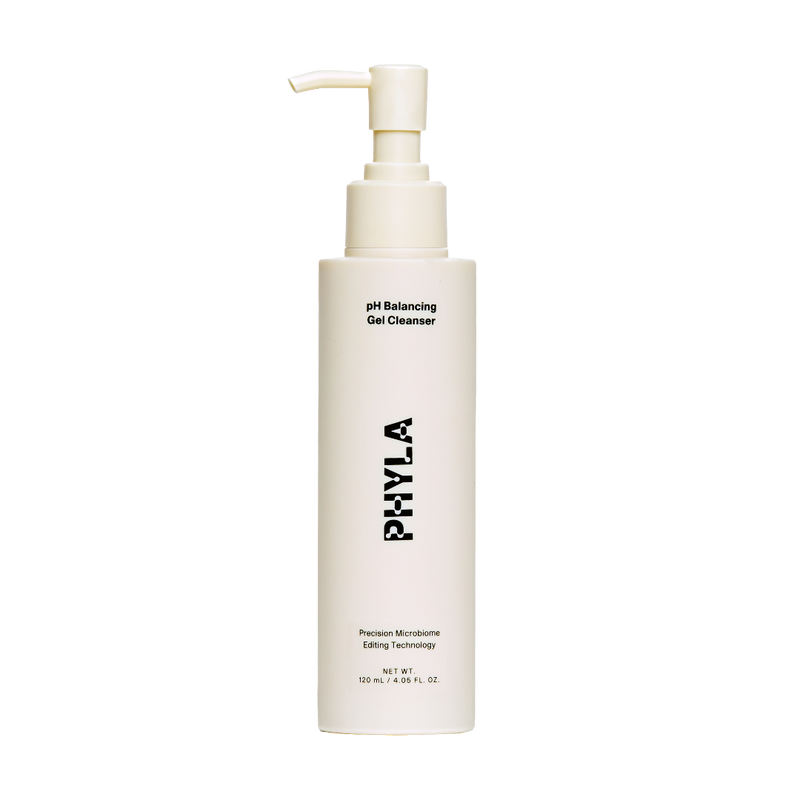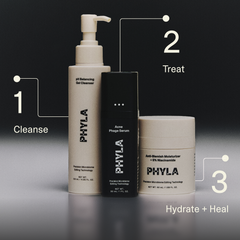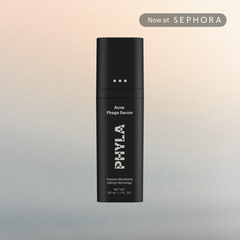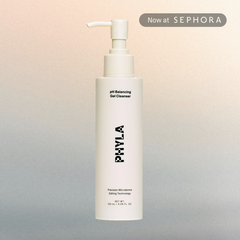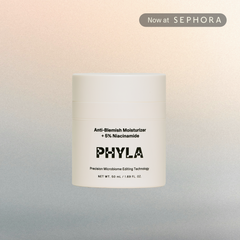Hydration, Dehydration + Your Acne-Prone Skin

Did you know that you can still get dehydrated in cold weather? Just like in summer, this isn't healthy for your body or your skin, and can ultimately make acne worse. For optimum health in any season, external and internal hydration is needed.
What Is the Importance of Hydration for Your Overall Health?
Being hydrated does wonders for your body, inside and out. Besides providing moisture for your skin, there are many roles that water provides.
It helps carry oxygen to all the cells in our body and makes it easier for nutrients to be absorbed. Water helps move the process of digestion to prevent constipation or backup when fiber is consumed. It also helps move waste and toxins out of our system through our kidney. Our body is made up of mostly water to lubricate joints, help prevent injury and protects our organs and tissues from damage.
How to Stay Hydrated
When you lose fluids (sweating, urine, vomiting or diarrhea), it is important to replace your electrolytes. These minerals are important to balance hydration in your body. Their main function is to carry electrical signals to your nerves and muscles for movement. Electrolytes can come from food sources such as leafy green vegetables, nuts and seeds, breakfast cereals, and citrus fruits. For further questions on electrolytes, reach out to us at info@phlyabiotics.com to meet with our dietitian.
Daily water recommendations depend on age, how often you exercise, and the climate of the environment around you. On average, the recommendation with these factors falls between 8-12 cups a day.
Be Mindful of Dehydration
Beware of drinks such as alcohol, coffee, energy drinks, and tea. Drinks high in caffeine or high in sugar can have the opposite effect of water, and can dehydrate you.
Caffeine is considered a diuretic, meaning your kidneys will produce more urine. When more urine is produced, more water is excreted from our bloodstream. If one were to consume these beverages, it is recommended to either drink water before, during, or after consuming the beverage.
If you are not drinking enough water, you may start to feel dizzy, prone to headaches, feel cold, and deal with constipation.
Besides using the “pinch test” as a method of checking your hydration status, checking the color of your urine will tell you how hydrated you are. The darker the yellow, the more dehydrated you are. Light yellow or clear urine is a great sign that you are hydrated.
Hydration Impacts Skin Health
Another key role of water in the body is to support your immune system. It protects your body from potential bacteria that could produce acne. At the same time it will reduce any excess inflammation in the body by bringing the toxins and waste to the kidneys and excreting in our urine.
Water regulates blood sugar levels and keeps them from spiking. This can happen when your diet is high in sugary drinks or eating big sources of carbohydrates without pairing it with a protein or fiber source.
When your body is dehydrated, that protective barrier is no longer present within your skin and is more likely to cause an overproduction of oil (sebum) within that skin barrier.
The Difference Between Dry and Dehydrated Skin
Dry skin and dehydrated skin are two different things, even though the terms are often used interchangeably. Dehydrated skin means that your skin is lacking water or hydration. Dry skin means that your skin is lacking oils or moisture. However, you can experience both dehydrated and dry skin at the same time.
What Causes Dehydrated Skin?
Dehydration is a skin condition, not a skin type. Dehydrated skin results from transepidermal water loss (TEWL). This water loss can be due to skin barrier damage, extreme weather (including excessive time with dry air indoors from heat or AC), dietary choices, or certain topical products. You may have dehydrated skin if you’re noticing an increase of fine lines, tightening, skin dullness, or scaly patches.
You can try something called the ‘pinch test’ to measure the skin's elasticity. All you have to do is gently pinch the skin on your face and watch how long it takes to return to normal. If your skin takes a while to return to normal, then it’s most likely dehydrated. If your skin returns back to normal immediately, then it means that your skin is properly hydrated. These results shouldn’t be the only form of determining dehydration, but they can help point you in the right direction.
How to Rehydrate Your Skin
- Avoid harsh skin care products and tools such as scrubs and exfoliating brushes.
- Keep your skincare routine simple. Certain products, such as acids, could be the cause of dehydration. Try decreasing the frequency of use.
- Wash your skin with lukewarm water. Hot water can further exacerbate symptoms of dehydrated skin.
- Use a hydrosol. Since water hydrates the skin, apply several spritzes of a hydrosol (herbal-based moisturizing skin spray) prior to your moisturizer.
What Causes Dry Skin?
Dry skin is a skin type, one that is usually due to genetics and can change with age and season. Dry skin is due to a lack of moisture or oil (sebum). With less sebum, it’s harder for skin to maintain moisture and have strong skin barrier function.
You may have dry skin if you’re noticing itchiness, flaking, uneven skin texture (rough feeling skin), or fine lines and cracks.
How to Moisturizer Your Skin
- Look for ceramides and lipids in moisturizers which help restore your skin barrier. You could add in a few drops of 100% squalane oil into your Phluff Moisturizer to make it even more moisturizing.
- Use only fragrance-free products since fragrance has a tendency to irritate dry skin or make it worse.
- Apply your moisturizer right after cleansing, when your skin is still damp.
- Look at your water quality. Minerals in hard water do not remove cleanser effectively from your skin. This contributes to drier skin and blocked pores, which result in breakouts. It can also alter our skin's oil so that instead of flowing like a liquid, it becomes a bit thicker and waxier. If possible, look into installing a water filter.
Once you’ve identified that your skin is dehydrated, you can begin taking steps to rehydrate your skin and body. It can take some experimenting to see what works best for you, but it’s worth it!

